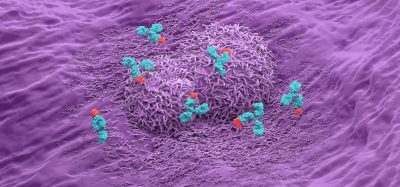Drug discovery crisis linked to bad technology choices
Posted: 15 February 2016 | Victoria White | No comments yet
Researchers say drug discovery processes are becoming unsustainably expensive despite huge technological advances because the wrong methods are being used…


Researchers from the University of Oxford say the search for new medicines is becoming unsustainably expensive despite huge technological advances because the wrong methods are being used.
They say drug discovery should focus on ‘validity’ – how well the results of experiments predict results in sick people. Instead, it has focused on methods that are easy to industrialize or methods that are academically fashionable.
In a new report, Jack Scannell, from Oxford University’s Centre for the Advancement of Sustainable Medical Innovation, and consultant Jim Bosley approach drug discovery using mathematical tools that are used by economists to study decision making. They show that the chance of discovering an effective drug is surprisingly sensitive to the validity of the experimental methods. Small changes in validity can have a bigger effect than running 10 or even 100 times more experiments.
It costs 100 times more to bring a drug to market today than in 1950
They argue that productivity has declined because the most predictive methods lead to the discovery of good drugs, and research in those areas stops (e.g., stomach ulcers). This leaves scientists working on as-yet-untreated diseases using less predictive discovery methods (e.g., Alzheimer’s). They also suggest that changing industrial and scientific fashions have contributed to the problem.
The result: Methods have become less predictive over time, worse decisions have been made, and the cost of discovery has gone up.
Drug approvals have increased since 2012. The researchers say that this is likely down to the rising use of genetic information which improves the validity of the methods to discover treatments for rare diseases, though less so for common diseases.
Dr Jack Scannell said: “There is a nasty puzzle at the heart of modern biomedical research. On one hand, the technologies that people think are important have become hundreds, thousands, or even billions of times cheaper. On the other hand, it costs nearly 100 times more to bring a drug to market today than it did in 1950. New drugs can be very expensive, yet the industry is closing labs and firing scientists. Our work goes some way towards explaining the puzzle. Governments, companies, and charities should focus on identifying and funding predictive methods, even if they don’t match current scientific fashion.”
Related topics
Drug Discovery
Related organisations
Oxford University








